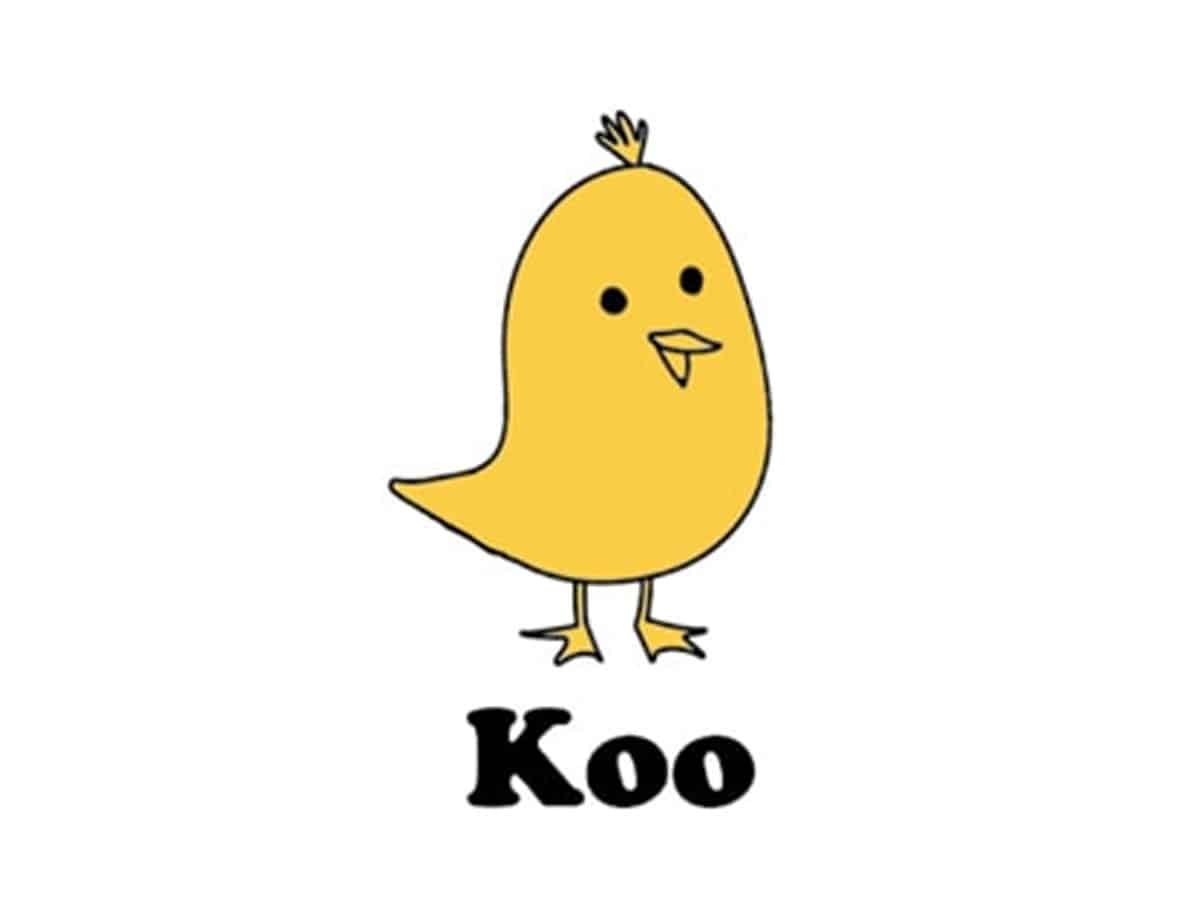New Delhi: WhatsApp head Will Cathcart may not have anything to do with Twitter CEO Jack Dorsey but when it comes to India, he is worried — not only about the Union government’s aim to break encryption but also the move to promote the homegrown micro-blogging platform Koo.
Speaking to ‘Big Technology Podcast’ host Alex Kantrowitz, Cathcart said that “splinternet” — where instead of having a global internet, you have countries each with their own regulations — is a profound risk and it will be worse if governments decide to have their own mini-internet with their own mini-apps.
Koo has fast become a favourite among several Union ministers amid the government’s war with Twitter over removing misinformation and bad accounts from its platform.
Answering a question that the Indian government is pushing Koo, which is a Twitter competitor, Cathcart said: “I think we should be worried about it. I mean, we arguably already have a splinternet with Mainland China and the rest of the world”.
“But I do think there is a risk that we end up with that in more places, in different countries around the world, or even different regions, Europe and the US, could you imagine regulations diverging in such a way that it forces a splinternet? I think people benefit a lot from products that, one, work globally,” the WhatsApp CEO told the host during the podcast last week.
The vernacular micro-blogging platform Koo, which has crossed 40 lakh users within no time, aims to garner 10 crore users by the end of this year, its Co-founder Mayank Bidawataka told IANS last month.
Koo has raised $4.1 million as part of its Series A funding. Infosys veteran Mohandas Pai’s 3one4 Capital is the latest addition to the investors on board.
“We want Koo to become a world-class app and want to be known as the micro-blog of India,” Bidawataka said.
WhatsApp is facing intense scrutiny in India for asking users to either give their consent to sharing data with Facebook or lose their accounts after May 15.
Meanwhile, the Union government has also notified new rules for social media intermediaries, saying that the platforms will have to remove offending content within 36 hours after a government directive or a legal order.
Cathcart said that people benefit from having more choices globally.
“But a lot of the decisions we’re going to make on the internet, our governments are going to make on the internet over the next 10, 20 years, I think will really shape whether this is a global market, or whether each country has its own mini-internet with its own mini-apps. And I think the latter would be worse,” Cathcart lamented.
On the growing demand to break encryption in India, he said that it’s really hard for him to imagine being comfortable with such decision.
“I mean, it’s hard for me to imagine even how you ask people to do that, I think it’s such a fundamental threat. So, we’ll stand and we’ll make our case, and we’ll argue. My hope is, here, we can find something that is not breaking encryption, that addresses the concerns that’s much more reasonable,” he argued.
“Our hope is that we can find a way to end up with solutions that don’t touch encryption,” Cathcart added.

